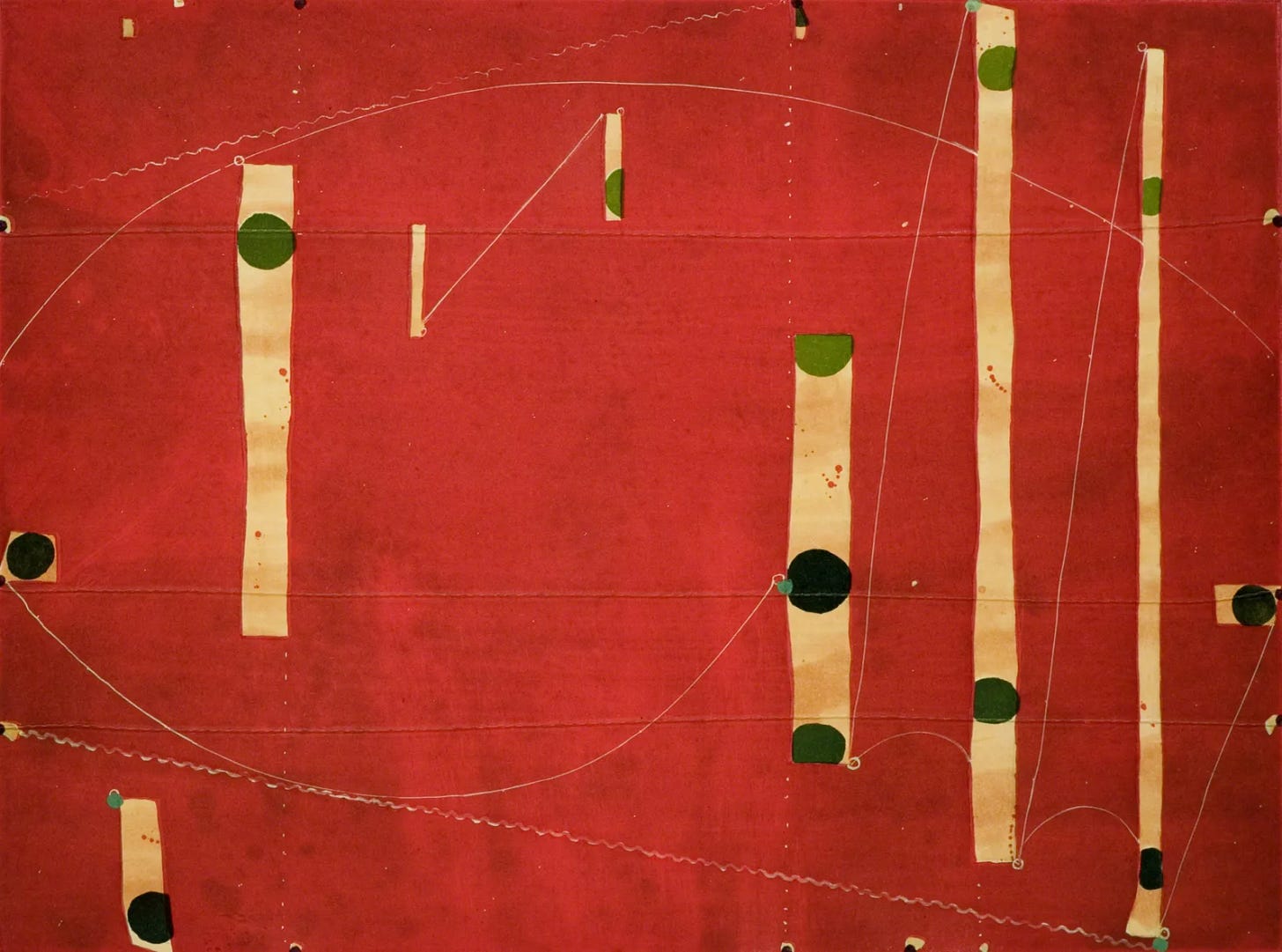I've always been fascinated by maps. The amount of information that can be extrapolated from a map can vary. A most basic map can delineate the borders between countries. A more sophisticated map can demonstrate the nature of the land's terrain or population density. A certain map with a specific lens can give you all the details of a place you'd like to go. And while its subject to fact (supposedly) - the true life reality on the ground is subject to change by virtue of time and evolution.
As history unfolds, mountains may tumble to bits, demographics can reorganize themselves, borders might cease to exist. And yet the world still moves forward, with a new map emerging to reflect the next historical moment.
I often think about how paper maps were once a tool for real world exploration. For journeys into uncharted territory. What it must have felt like to truly have no idea where you are going. No cell phone connection, no google maps or waze. Just the salty water splashing into your ship until you hit land.
If I were to guess, it seems that what helped people take on these expeditions when information was scarce, was understanding what I like to call "a general direction" - there must be an understanding that if we go that way - we are likely to discover something. Maybe something new, or something already discovered - but regardless, it would be new for us.
Today, Maps make us feel safe. It would be silly to travel completely blind. Wouldn’t it? Maps bring an element of certainty. I imagine an explorer clutching onto a piece of paper for dear life, hastily moving onward, studying drawn lines or orienting themselves alongside a compass - in the hopes of searching for answers - whispering to themselves: "I think I know where we are going."
When I arrived to college, I had no idea where I was going. I knew I wanted to make a difference. Change the world. Make a lot friends from all over the world, and learn about life beyond the bubble I grew up in.
When I was a child, I knew exactly where I wanted to go. People would ask me what I wanted to be when I grew up - and I would tell them the most obvious answer: A Cardiologist. What is more riveting than understanding the life force that is beating inside your chest? The organ that keeps us alive and gives us the ability to even have this conversation? I thought it was a silly question.
Moving forward it changed, I had graduated onto becoming an Architect - for nothing is more important than the roof over your head - the human command of space accented by design is what pushes the boundaries of our lived experience.
And then I grew older and realized the world was hard and bitter. That people needed to learn how to get along to solve our world's largest of problems - from child hunger to access to education. A healthy heart or a nice home are surely of no use without food or knowledge..
That is when I was halfway through college. The time and place where working theories were like drugs that made me feel like a genius. I found my real life reflecting the job of diplomat. As an extroverted student, I emerged as an amateur bureaucrat. I made friends with people from all over the world, played social politics, solved problems, forged peace treaties between friend groups, built economic alliances for nights out on the town. I was so good at it. So, naturally - I thought, that is where I’m going. I will be a Diplomat.
It wasn't.
That little journey, of how I thought my life would unravel - was a map that I had created in my head. You can map your ideas of who you are, where you go, what you think and connect them all together. If you think hard enough, you might be able to project where you have been onto the future, and decide how your past might take you somewhere new - or you can accept that you might have no idea where life will take you.
Most people are afraid to drive without maps these days. If you get in the car, you know exactly where you want to go. If you don't have a map, you are probably afraid that you might waste time by taking a wrong turn - or getting lost on the way to your destination. Life is a little different, as we are all striving for a purpose, the destination is ever evolving.
I'm sure if you are reading this you have goals, someone you want to be, a place you want go - an end state. Like anyone you are probably building a map of how to get there - a strategy. If you're smart, trained academically, and like me are obsessed with youtube videos or biographies - its safe to assume you have found people that have ended up in places similar to where you want to be and you have studied their journey's. You might even be trying to replicate them.
What I find most interesting about the journeys of those I admire, is that they forged their own path. Almost any notable figure achieved their success in a way that was completely unique to themselves, there was no template or right way. They just chose a general direction and pursued curiosity and ambition - ruthlessly.
The map you use to chart your own path, should be unique to you.
- SK


